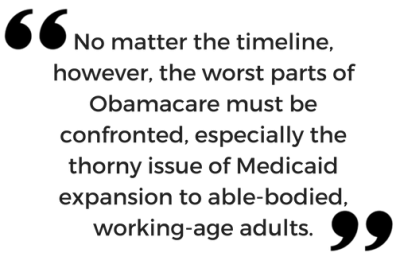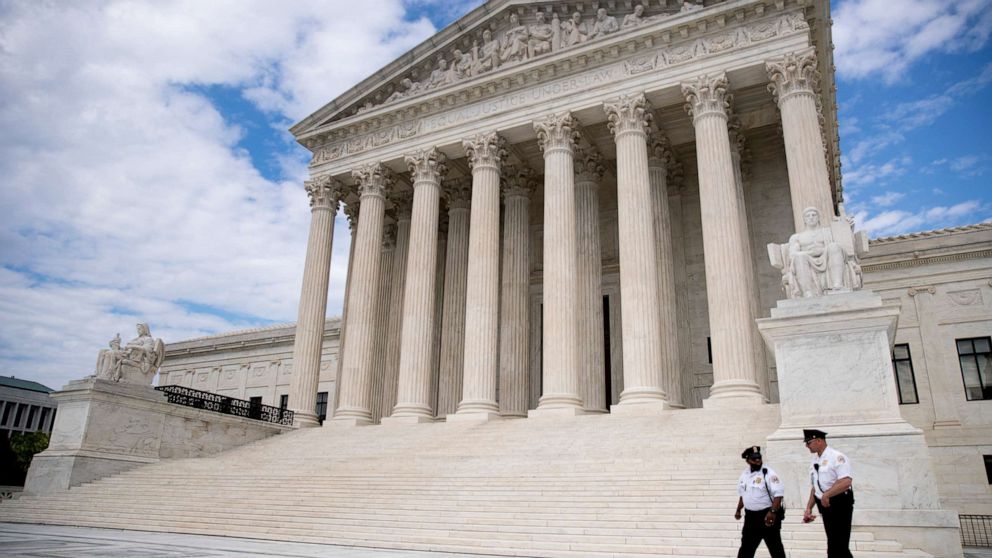Medicaid Expansion Remains A Top Issue

Kailee Felix
The campaign promise to repeal and place Obamacare is still very much on Congress’ to-do list. Two months into the new Trump administration, the fight over whether to repeal and replace Obamacare simultaneously or separately continues to rage on Capitol Hill.
In the article Conservatives Push to Separate Obamacare’s Repeal from Replacement, Sen. Mike Lee spoke out against combining the replacement measures and repeal into one bill.
The article reports:
“Lee said adding replacement measures to the repeal bill makes it difficult for Republicans to accomplish their long-held goal of repealing Obamacare. ‘If we load down the repeal discussion with what comes next, it’s going to make it a lot harder to get either one of them done,’ the Utah Republican said. ‘You don’t ever get to what comes next if you don’t first get to repeal. Repeal becomes a lot more difficult if you load it down with all the heavy details involving what comes next when we don’t have a consensus.’”
No matter the timeline, however, the worst parts of Obamacare must be confronted, especially the thorny issue of Medicaid expansion to able-bodied, working-age adults.

The disastrous effects of Obamacare make the mandate for Congressional leadership unequivocal. Recently, Palmetto Promise Institute published a report titled Unwinding the Worst of Obamacare. The report best makes the argument for repeal when it argues that the expansion has undermined the most vulnerable, exploded enrollment and skyrocketed spending, and is failing to save rural hospitals.
“Nationwide, nearly 600,000 individuals with disabilities are sitting—and in some cases, dying—on waiting lists to access needed care through Medicaid…Costs for newly eligible beneficiaries have increased for 2 straight years, with new able-bodied enrollees costing on average over $1,000 more than existing population. This has created a “double-whammy” for state budgets and the unexpectedly high costs their states will face due to Medicaid expansion will crowd out other important priorities, like education for children or care for the disabled.”
The truth about Medicaid expansion: it has only proven to cost more than originally thought while undermining the most vulnerable. Expanding Medicaid has not lowered costs, increased the availability of doctors or the quality of patient care, and in fact has shifted larger and larger shares of state budgets away from other necessary things like education and infrastructure.
South Carolina is one of 19 states that wisely avoided this expansion boondoggle. But what happens for states that didn’t?
Although much-needed reforms to return the program to its original purpose as a safety net for the disabled and truly needed have yet to be decided upon (and in fact, should be largely left to state-level innovation), Congress should immediately freeze enrollment in the Medicaid expansion population. To put it in medical terms, we need to stop the bleeding before we can save the patient.
So it’s time for Congress to decide on a timeline and get to work. Obamacare is unsustainable and our health and America’s financial future are at stake.




